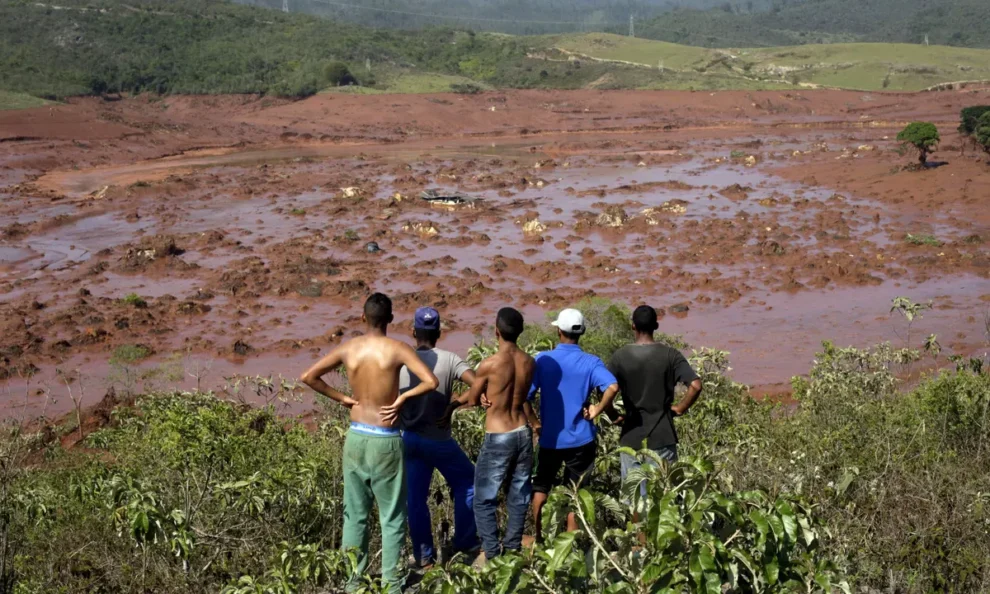Global mining giant BHP has said it could reach a settlement by the end of the year over a dam collapse that led to Brazil’s worst environmental disaster. But a deal with Brazilian prosecutors would not necessarily end litigation in London on behalf of 700,000 claimants.
Proceedings in Brazil have been ongoing since 2015 when the Fundão Dam, in Minas Gerais, Brazil, collapsed releasing around 40 million cubic metres of iron ore tailings. The collapse and flood killed 19 people, destroyed villages and saw tailings enter the River Doce system, a water source for local communities.
The dam was owned and operated by a Brazilian company jointly owned by mining giant Vale and BHP.
The mediation and proceedings in Brazil include Samarco, BHP Brasil, Vale and a number of Brazillian authorities. According to a BHP spokesperson, both the state governments of Minas Gerais and Espirito Santo have recently ‘reinforced their desire to settle and are seeking alignment with the new Federal Government on next steps’.
The Financial Times reported today that BHP has said it aims to reach a ‘final deal…that settles everything’. If the parties come to a final agreement the 155 billion real (£25.5bn) lawsuit and ‘other main collective lawsuits’ are expected to end.
However a separate claim, brought by group action firm Pogust Goodhead, has been issued against BHP and Vale in the London courts. It now involves around 732,000 claimants, including individuals, businesses, faith-based institutions, municipalities, utility companies and members of the indigenous and Quilombola communities. All seek compensation for losses caused by the dam collapse.
BHP, which denies the claims brought in the UK, previously said the case in the English court was unnecessary as it ‘duplicated issues’ covered by ongoing legal proceedings in Brazil and the work of the Renova Foundation, a non-profit responsible for reparation of the damages caused by the dam collapse.
The first stage trial, estimated to run for 11 weeks, is listed for October 2024.
A BHP spokesperson said: ‘We will continue to defend the action. We deny the claims in their entirety and believe the action is unnecessary as it duplicates issues already covered by the ongoing work of the Renova Foundation, under the supervision of the Brazilian courts, and the subject of ongoing legal proceedings in the Brazil.’
Source: Law Gazette
















